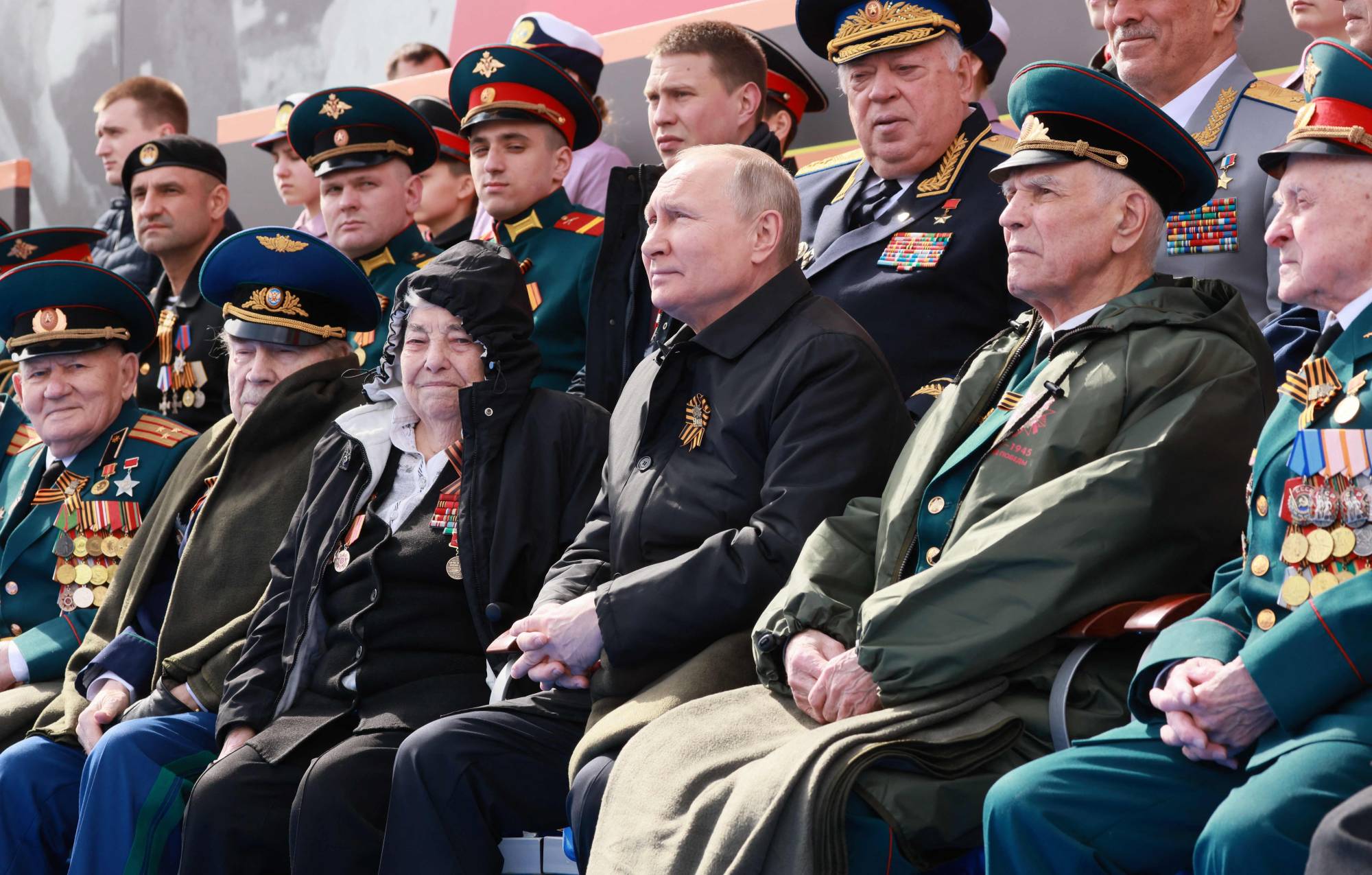More than 30 countries, including the U.S., Japan and members of the European Union, have imposed far-reaching economic sanctions against Russia in response to the war in Ukraine.
Major Russian banks have been excluded from the SWIFT system, and of the Russian central bank’s $640 billion foreign exchange reserve, the roughly $300 billion in reserves held or managed as dollars, euros or yen by the central banks of the aforementioned countries have been frozen. Countries have also moved to limit as much as possible imports of Russian oil, gas and coal and revoked Russia’s most-favored nation trade status.
In particular, the freeze on Russia’s foreign exchange reserves has been described as the “nuclear option” among financial sanctions, as it prevents Russia from accessing funds it could use to prop up the plummeting ruble. Yet Vladimir Putin recently boasted that “the strategy of the economic blitz has failed” and noted the ruble had bounced back to pre-crisis levels. The ruble has indeed rallied to approximately the same level as before the Ukraine crisis began.

















With your current subscription plan you can comment on stories. However, before writing your first comment, please create a display name in the Profile section of your subscriber account page.